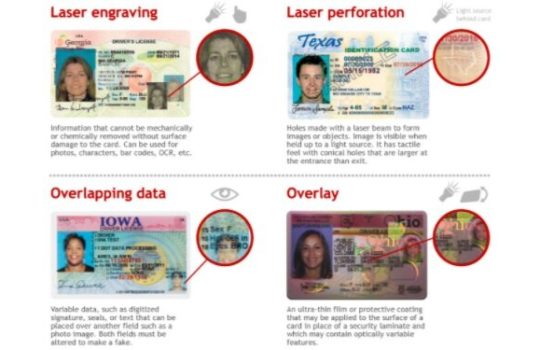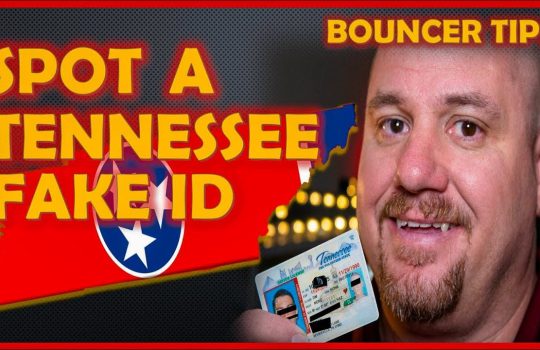Hawaii Fake Id Generator
2023-07-11 2023-07-11 6:09Hawaii Fake Id Generator

Hawaii Fake Id Generator
India Fake Passport
Vermont Fake Id Scannable
Title: The Allure of Hawaii: Unraveling the Enigma of Its Fake ID Generator
Introduction:
Hawaii, with its breathtaking landscapes, rich cultural heritage, and vibrant nightlife, has always been a magnet for tourists and adventure-seekers. However, along with its allure, the archipelago also harbors an underground market for fake identification cards. This clandestine trade has gained infamy for catering to underage individuals and those seeking to bypass legal age restrictions. In this article, we delve into the intriguing world of Hawaii’s Fake ID Generator, exploring its origins, inner workings, and societal impact.
I. The Underground Market:
1.1 Emergence of Fake ID Culture:
The desire to partake in age-restricted activities such as consuming alcohol, entering clubs, or attending concerts has fueled the demand for counterfeit identification documents. As a result, a clandestine network of individuals adept at producing fake IDs has thrived, with Hawaii being a prominent hub for these illicit activities.
1.2 Hesitant Law Enforcement:
Hawaii’s struggle to combat the problem stems from limited resources and complexities involved in tracking down clandestine operations. Law enforcement agencies face various challenges in identifying fake IDs, as counterfeit technology continues to evolve at a rapid pace, making it increasingly difficult to distinguish genuine from forged identification documents.
II. The Mechanics Behind Hawaii Fake ID Generator:
2.1 Technological Advancements:
Technology has played a significant role in expanding the possibilities for forging IDs. The Hawaii Fake ID Generator leverages advanced software capabilities that mimic the holographic features, security layers, and visual elements found on genuine Hawaiian identification cards. This attention to detail further blurs the line between legitimate and forged IDs.
2.2 Sophisticated Printing Techniques:
Manufacturers of these fake IDs employ high-quality printers, specialized inks, and materials to replicate the texture, appearance, and tactile features of original identification documents. These techniques ensure that the forgeries bear an uncanny resemblance to their authentic counterparts, further complicating detection.
2.3 Underground Production Network:
A well-coordinated network of suppliers, printers, designers, and distributors fuels the production and commercialization of fake Hawaiian IDs. These networks thrive in the shadows, utilizing encrypted communication channels and anonymous transactions to minimize the risk of being traced by law enforcement agencies.
III. Societal Implications:
3.1 Underage Drinking and Substance Abuse:
The availability of fake IDs perpetuates the issue of underage drinking and substance abuse. Individuals who acquire fraudulent identification documents gain access to establishments serving alcohol, increasing the prevalence of risky behaviors among younger demographics.
3.2 National Security Concerns:
The rise of counterfeit identification documents poses significant national security risks. Fraudulent IDs can grant unauthorized individuals access to secure locations, compromising public safety and enabling illegal activities. The counterfeit market indirectly supports identity theft, human trafficking, and terrorism-related operations.
3.3 Implications for Hawaii’s Economy:
The flourishing fake ID industry impacts Hawaii’s economy on multiple levels. Illicit establishments catering to underage patrons benefit financially, contributing to the local economy but at the detriment of community safety. Moreover, the state loses vital revenue from alcohol sales to minors, harming legitimate businesses and the overall economy.
IV. Combating the Issue:
4.1 Strengthening Law Enforcement Efforts:
To tackle the escalating challenge, law enforcement agencies must enhance their capabilities, focusing on advanced training, technological advancements, and improved collaboration among agencies. Increasing funding and allocating resources specifically for counterfeit ID detection and prevention are essential steps in this endeavor.
4.2 Public Awareness Campaigns:
Educating the public about the negative consequences associated with counterfeit IDs is imperative. Raising awareness about the risks of engaging in underage activities, as well as the potential legal repercussions, may dissuade individuals from seeking fake IDs.
4.3 Collaboration with Hawaiian Businesses:
Partnering with establishments affected by underage drinking and counterfeit IDs can act as a force multiplier. By encouraging businesses to implement stringent identification verification practices and training staff to detect fraudulent documents, the allure of Hawai’s Fake ID Generator can be effectively diminished.
Conclusion:
The proliferation of Hawaii’s Fake ID Generator presents a complex challenge for law enforcement agencies, impacting society, security, and the local economy. A multi-faceted approach, incorporating advanced technology, public awareness campaigns, and collaboration between law enforcement agencies and local businesses, is necessary to mitigate the adverse effects of counterfeit identification documents. Ultimately, efforts to combat this issue must emphasize the importance of responsible behavior and the preservation of the unique allure Hawaii offers without compromising community well-being.

















